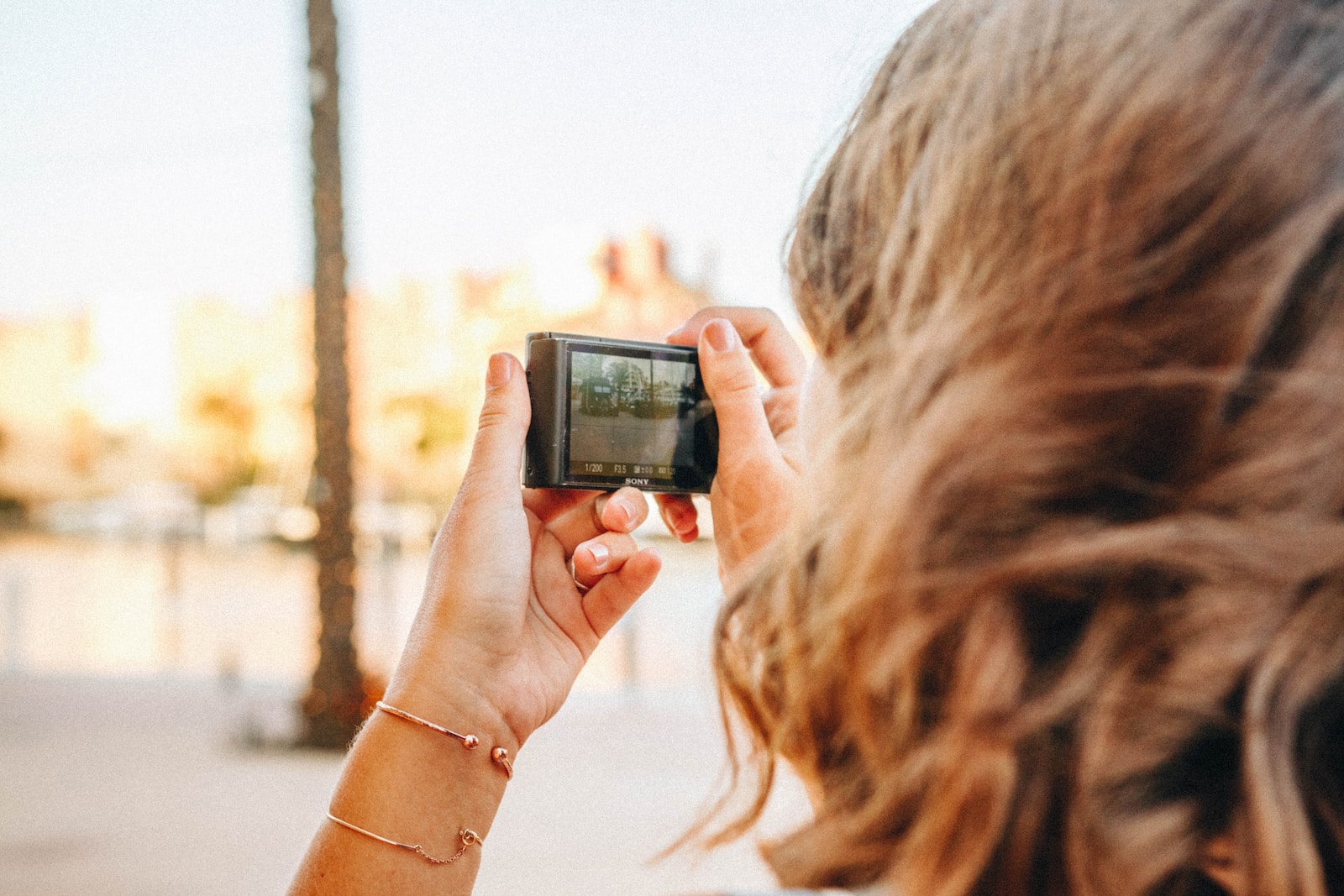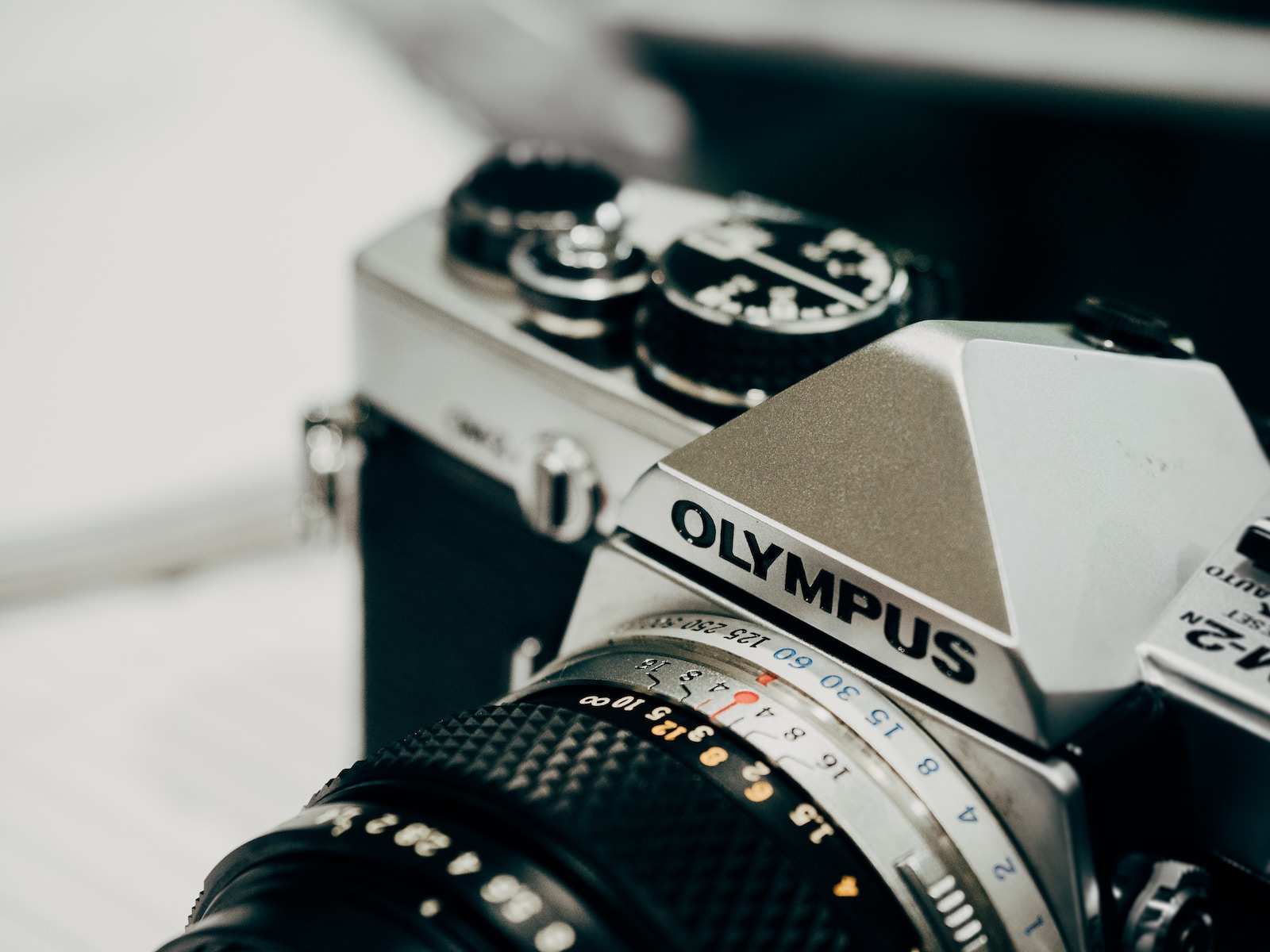Are you a photography enthusiast who wants to make sure your camera is always in optimal condition? Don’t miss out on this comprehensive guide to camera cleaning. Discover the best times and conditions to clean your camera, and learn how regular cleaning can prolong its life and improve functionality. Whether you’re a professional photographer or just a hobbyist, keeping your camera in top shape is essential for capturing those perfect shots. So, let’s dive in and find out when and why you should clean your camera!
Table of Contents
- The Importance of Camera Cleaning
- A How-To Guide: Camera Cleaning Tips and Techniques
- Frequently Asked Questions
- 1. When is the best time to clean my camera?
- 2. How often should I clean my camera?
- 3. How do I clean the lenses and sensor of my camera?
- 4. Can I clean the camera myself or should I seek professional help?
- 5. What are the signs that my camera needs cleaning?
- 6. Are there any precautions to take when cleaning my camera?
- 7. How can regular camera cleaning prolong its lifespan?
- Wrap Up
The Importance of Camera Cleaning
Have you ever noticed specks or smudges on your photos, no matter how careful you are? This could be a sign that it’s time to clean your camera. Regular camera cleaning not only enhances the quality of your images but also helps to maintain the overall performance of your device. Dust, dirt, and other particles can accumulate on your camera’s sensor, lens, and other components, affecting image clarity and autofocus accuracy. By maintaining a clean camera, you can ensure your equipment functions optimally and produces stunning, high-quality results.
Did you know that cleaning your camera can also prevent autofocus issues and improve overall image stabilization?
Regular camera cleaning is vital for maintaining optimum performance and image quality. By following the right techniques and knowing when to clean your camera, you can ensure it stays in top shape for years to come. Remember, prevention is key, so prioritize regular maintenance and protect your camera from harsh environments. Invest the time and effort in cleaning your camera, and you’ll be rewarded with sharper, clearer, and more professional-looking photos!
A How-To Guide: Camera Cleaning Tips and Techniques
Regular camera cleaning is essential to maintaining optimal performance and prolonging the lifespan of your precious gear. In this guide, we will walk you through the process of cleaning your camera, providing you with tips and techniques to help you get the best results.
Gather the Right Tools
Before diving into the actual cleaning process, it is crucial to gather the necessary tools to ensure a thorough and safe cleaning experience. Here are some must-have items:
- Microfiber cloth
- Blower brush
- Camel hairbrush
- Cotton swabs
- Lens cleaning solution
- Sensor cleaning kit (if applicable)
Having these tools readily available will make the entire cleaning process more efficient and effective.
Start with the Exterior
Begin by gently wiping the exterior surfaces of your camera with a microfiber cloth. Pay special attention to removing any dirt, dust, or fingerprints from the LCD screen, lens, and body. Using a blower brush, carefully remove any loose debris from the crevices and buttons.
Focus on Lens Care
Your camera’s lens is a critical component that deserves special attention. To clean your lens effectively:
- Use a blower brush to remove loose debris.
- Apply a few drops of lens cleaning solution to a microfiber cloth.
- Gently wipe the lens in a circular motion, starting from the center and moving outward.
- Inspect the lens for any stubborn smudges or fingerprints. If necessary, use a cotton swab moistened with the lens cleaning solution to delicately remove them.
Remember to exercise caution during the lens cleaning process, as any excessive pressure or rough handling may damage the lens coating or elements.
Handle Sensor Cleaning with Care
If you have a DSLR or mirrorless camera, periodically cleaning the sensor is crucial for maintaining image quality. However, sensor cleaning requires a delicate touch. Here’s how to approach it:
- Set your camera to sensor cleaning mode, which lifts the mirror and exposes the sensor.
- Use a blower brush to gently remove any loose dust or debris.
- If visible spots or stubborn particles remain, consider using a sensor cleaning kit specifically designed for your camera model.
- Follow the manufacturer’s instructions carefully to minimize the risk of damage.
Performing sensor cleaning can be intimidating for beginners, so it’s always advisable to seek professional assistance if you are unsure.
Final Check and Maintenance
Once you have completed the cleaning process, double-check all the camera functions and settings to ensure everything is in order. Take a few test shots to confirm that the lens and sensor are clean, and there are no visible dust spots affecting image quality.
Remember, regular camera cleaning should be scheduled based on your usage and environmental conditions. By prioritizing camera care, you can capture breathtaking images while prolonging the life of your beloved gear.

Frequently Asked Questions
1. When is the best time to clean my camera?
The best time to clean your camera is when you start noticing a build-up of dirt, dust, or smudges on the lens or sensor. Regular camera cleaning is recommended to maintain optimal image quality and prevent damage.
2. How often should I clean my camera?
The frequency of camera cleaning depends on your usage and shooting conditions. If you frequently change lenses or shoot in dusty environments, it’s recommended to clean your camera every 1-3 months. For general maintenance, cleaning every 6 months is a good practice.
3. How do I clean the lenses and sensor of my camera?
To clean the lenses, start by using a blower or soft brush to remove loose particles. Then, use a microfiber cloth or lens cleaning solution to gently wipe the lens in a circular motion. For the camera sensor, use a sensor cleaning kit or consult a professional technician to avoid causing damage.
4. Can I clean the camera myself or should I seek professional help?
You can clean your camera yourself, but it’s essential to follow proper cleaning techniques and use appropriate tools. If you are unsure or uncomfortable with DIY cleaning, it’s best to seek professional help to ensure thorough and safe cleaning.
5. What are the signs that my camera needs cleaning?
Some signs that indicate your camera needs cleaning include blurry or hazy images, visible dust spots in your photos, or difficulty focusing. If you notice any of these issues, it’s time to clean your camera.
6. Are there any precautions to take when cleaning my camera?
Avoid cleaning your camera in a dusty or windy environment to prevent particles from settling back on the lens or sensor. Always turn off the camera and remove the battery before cleaning to avoid accidental damage.
7. How can regular camera cleaning prolong its lifespan?
Regular camera cleaning ensures that dirt, dust, and debris do not accumulate and cause any long-term damage. By keeping your camera clean, you can maintain its functionality, improve image quality, and prolong its lifespan.
Wrap Up
Camera cleaning is an essential task that should not be overlooked by any photographer. By regularly maintaining your camera, you can ensure it continues to perform at its best and withstand the test of time. Whether it’s removing dust and smudges from the lens or cleaning the sensor, taking the time to care for your camera will ultimately improve the quality of your photographs.
Now that you know when and why it’s important to clean your camera, it’s time to put this knowledge into action. Take some time out of your schedule to give your camera the attention it deserves. Remember to follow the proper techniques and use the right tools to avoid causing any damage. And don’t forget to share your thoughts and experiences in the comments below. We’d love to hear from you!



